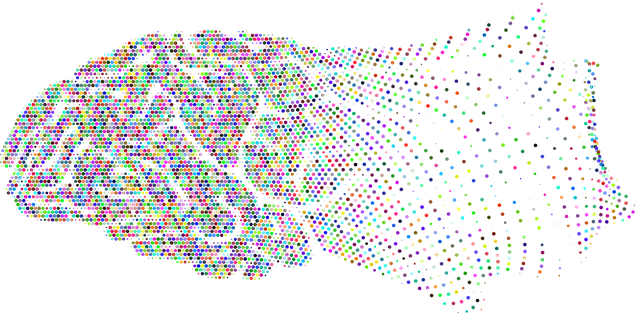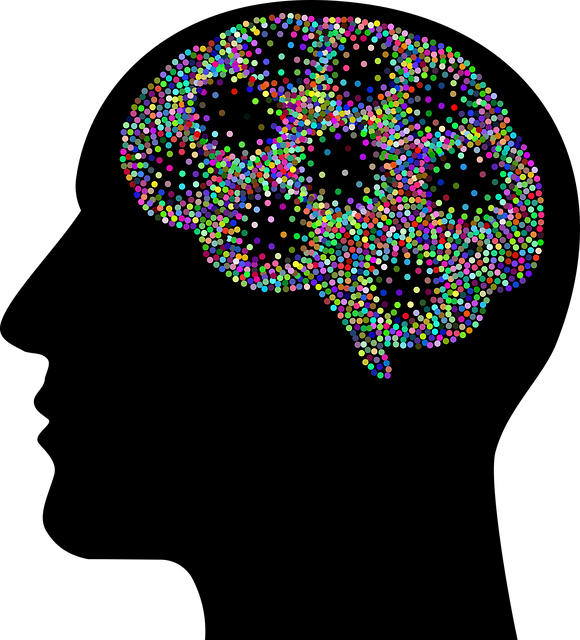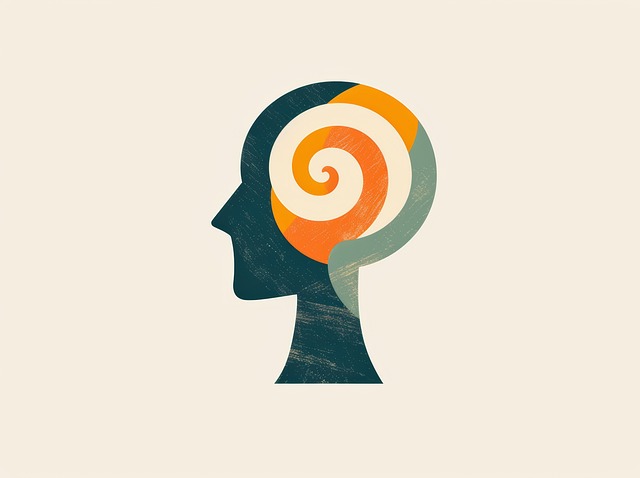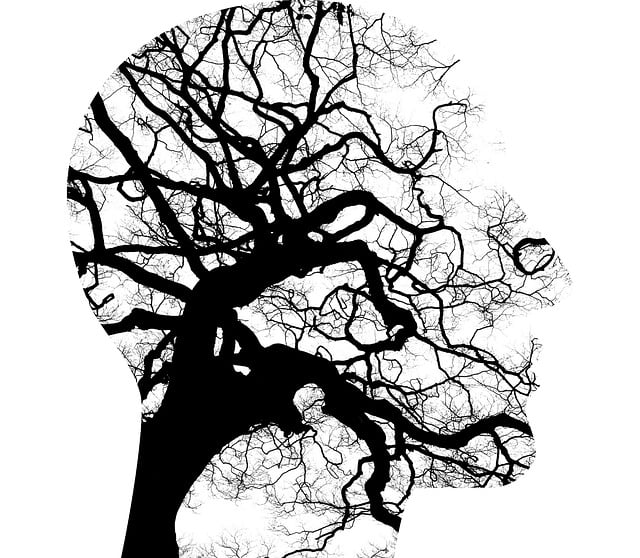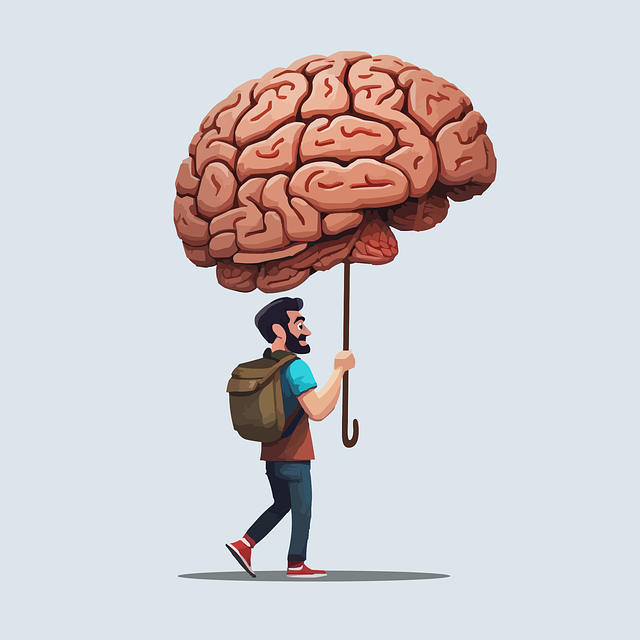Crisis Intervention Teams (CITs), comprising mental health, law enforcement, fire, and medical professionals, act as vital "Golden First Responders" during crises. They offer immediate support, evidence-based counseling, and self-care tools to both victims and first responders, mitigating trauma and burnout. Effective Golden First Responders Therapy training involves risk assessment skills, self-care practices, and holistic approaches to build resilient teams capable of timely crisis intervention. Implementing CIT requires strategic preparation, comprehensive training, and collaboration among mental health professionals, first responders, and healthcare providers to ensure culturally competent care for diverse patient populations.
Crisis intervention team (CIT) training programs equip professionals to handle mental health emergencies effectively. These teams, often referred to as Golden First Responders, play a crucial role in de-escalating crises and improving outcomes. This article explores the essential components of CIT training, focusing on the Golden First Responders Therapy approach. We’ll delve into its impact, implementation strategies, and challenges faced by these specialized teams, underscoring the importance of thorough preparation to enhance community well-being.
- Understanding Crisis Intervention Teams: Their Role and Impact
- Key Components of Effective Golden First Responders Therapy Training
- Implementation and Challenges: Preparing and Supporting the Crisis Intervention Team
Understanding Crisis Intervention Teams: Their Role and Impact

Crisis Intervention Teams (CITs) are specialized groups of individuals trained to respond swiftly and effectively during times of crisis, be it an individual in emotional distress or a community facing a sudden trauma. These teams act as the Golden First Responders, providing immediate support and guidance to those in need, thereby mitigating potential harmful outcomes. CIT members are typically drawn from various professions, including mental health professionals, law enforcement officers, fire fighters, and emergency medical services personnel, each bringing unique skills to the table.
The role of these teams extends beyond mere intervention; they play a pivotal role in fostering emotional healing processes by offering short-term crisis counseling and support. By integrating evidence-based practices, CITs not only help individuals navigate their immediate crises but also equip them with tools for self-care practices, thereby promoting resilience and long-term mental well-being. Moreover, the presence of well-trained CITs can significantly reduce burnout prevention among first responders, who often bear witness to traumatic events, ensuring they remain effective in their roles.
Key Components of Effective Golden First Responders Therapy Training

Effective Golden First Responders Therapy training programs must incorporate several key components to ensure preparedness and positive outcomes in crisis situations. Firstly, these programs should focus on comprehensive risk assessment techniques for mental health professionals. Understanding the potential risks and triggers is crucial for responding appropriately to diverse client needs. Through rigorous training, team members learn to navigate complex situations with empathy and skill, ensuring the safety of both clients and themselves.
Secondly, integrating self-care practices into the curriculum is essential. Crisis intervention often involves high-stress environments, demanding sustained resilience from professionals. Teaching effective coping mechanisms, stress management techniques, and promoting open discussions on mental wellness in a supportive atmosphere prepares Golden First Responders to offer quality care while mitigating burnout risks. This holistic approach complements the technical skills learned, fostering a resilient and dedicated team ready to provide timely support during mental health crises.
Implementation and Challenges: Preparing and Supporting the Crisis Intervention Team

Implementing a crisis intervention team (CIT) involves strategic preparation and support to ensure its effectiveness. This process begins with thorough training for all team members, encompassing various aspects such as trauma-informed care, de-escalation techniques, and coping skills development. Golden First Responders Therapy plays a pivotal role in this regard, offering specialized programs tailored to equip healthcare providers with the necessary tools to handle crises sensitively and efficiently.
Challenges arise when integrating CIT into existing healthcare systems. Cultural competency training is essential to address diverse patient populations’ unique needs. Mood management strategies must be seamlessly integrated into clinical practice while considering individual differences. Effective collaboration between mental health professionals, first responders, and other healthcare providers is crucial for successful CIT implementation, ensuring a coordinated approach that supports patients’ holistic well-being.
Crisis intervention team (CIT) training programs, particularly focused on Golden First Responders Therapy, are vital tools for equipping individuals with the skills to manage and resolve crises effectively. By understanding the key components of this therapy, such as active listening, de-escalation techniques, and cultural sensitivity, teams can provide immediate support and long-term positive outcomes for those in distress. Implementation challenges, including logistical planning and team integration, must be addressed to ensure these programs are accessible and successful. Ultimately, comprehensive CIT training fosters a more resilient and compassionate community, where help is readily available and crises are met with care and professionalism.

